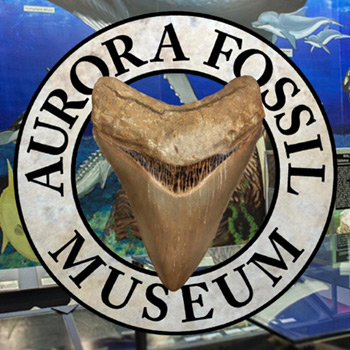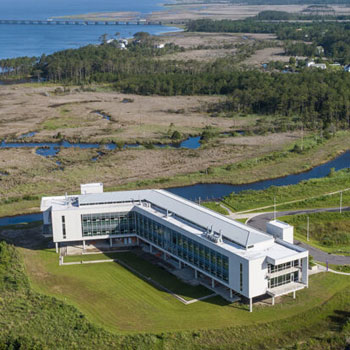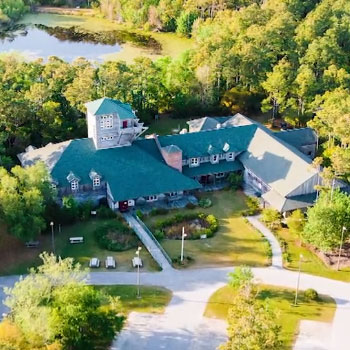Browse STEM Resources by Category
Partner Institutions
Aurora Fossil Museum
Founded in 1976, the mission of the museum is to educate the public about paleontology in an engaging manner while emphasizing the natural and cultural history of Eastern North Carolina. It accomplishes this through exhibits, interactive inquiry-based activities, outreach programs, events, field studies, and a Fossil Festival held annually on Memorial Day weekend.
Coastal Studies Institute
Led by East Carolina University (ECU), The Coastal Studies Institute (CSI) is a multi-institutional research and educational partnership of the UNC System including North Carolina State University, UNC Chapel Hill, UNC Wilmington and Elizabeth City State University. The Coastal Studies Institute, located on the ECU Outer Banks Campus, focuses on integrated coastal research and education programming centered around the needs, issues, and concerns of coastal North Carolinians by bringing together the various disciplines of both the natural and social sciences.
Core Sound Waterfowl Museum & Heritage Center
Core Sound Waterfowl Museum & Heritage Center envisions coastal communities of eastern North Carolina in which culture, community, education, economy and the environment are fully integrated for a high quality of life for all residents. The museum provides public access to oral history recordings, images and transcripts for educational purposes.
NC Museum of Natural Sciences at Greenville
Through an innovative partnership between the North Carolina Museum of Natural Sciences and A Time for Science, the Museum is establishing two new branches in Pitt County. The NC Museum of Natural Sciences at Contentnea Creek is a 400-acre outdoor learning center in Grifton that features hiking and paddling trails through a variety of habitats, as well as an observatory and a planetarium. The NC Museum of Natural Sciences at Greenville reopened in September 2021 with new, exceptional exhibits, mind-opening programs and educational events that reflect the relevant needs of audiences in northeastern North Carolina.
Sylvan Heights Bird Park
Sylvan Heights Bird Park seeks to advance conservation of waterfowl and wetlands, to act as a local educational resource for avian biology and wetlands ecology, and to serve as an international center for avicultural training and research. It educates the public about the waterfowl of the world and the important role the many and varied species play in the ecosystem. The park provides a world class destination for school and other groups, and also develops science curriculum-based programs for school children in an effort to expand their educational experiences and make them aware of career opportunities.




